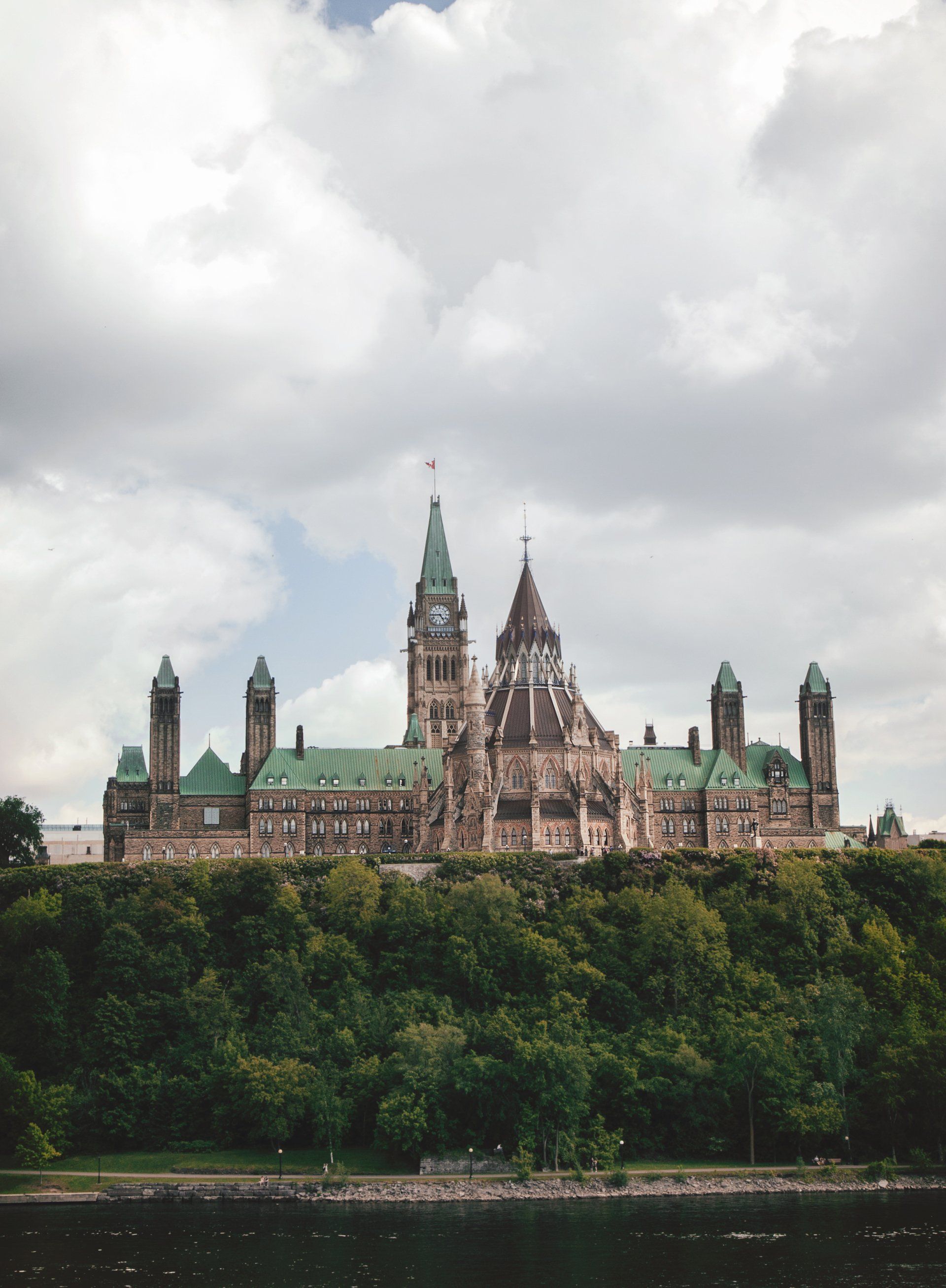Are Paper Straws Just as Bad for the Environment?
Context
A National Post article has criticized the Liberal Government’s plan to ban plastic straws, in favor of promoting alternative materials such as paper. They suggest that in fact, paper straws may be just as bad for the environment as plastic.
Analysis
As of December 2022, Canada has implemented a ban on single-use plastics. These regulations are a step towards a broader goal of the Liberal government to reach net zero plastic waste by 2030. The Canadian government has also recently categorized plastic as toxic under the Canadian Environmental Protection Act (CEPA).
The article cites a study that tested various brands of plastic and paper straws for traces of toxic chemicals called PFAS or “forever chemicals”. These chemicals have been linked to a variety of conditions such as thyroid issues and liver disease in humans. PFASs also negatively affect the environment, as they do not break down easily and can build up inside mammals and fish, potentially affecting their growth and reproduction.
According to the study, PFASs were found in high levels in paper straw brands they tested, likely coming from the water-repellant chemical coating on the inside of the straws. PFASs may have also made their way into straws that were composed of recycled materials that were already carrying them. A notable exception was reusable straws made from stainless steel, which contained no traces of harmful chemicals. They also examined several brands of plastic straws and found three out of four brands also contained PFAS chemicals, although at much lower levels than most of the paper brands they examined.
The article is right to point out that pushing paper straws as an environmentally friendly alternative is likely the wrong direction, given the potential for environmental harm. The government of Canada has suggested that paper straws are a viable alternative, pointing positively at how many fast food chains have successfully adopted paper straws in advance of the ban.
The presence of PFASs also challenges paper straws branding as biodegradable. Often called “Greenwashing”, products are marketed as environmentally friendly in hopes of capturing a portion of that market, but aren’t actually better for the environment. As one example, Coca-Cola released a ‘Plant Bottle’, claiming it was made from bio-based materials instead of petrochemicals. The final product however was chemically identical to a plastic bottle, and so faced the same disposal issues.
The article also claims plastic straws make up a very small portion of the plastic pollution in the ocean, concluding that the ban on straws won’t contribute much as a solution. Indeed, plastic straws themselves don’t make up a huge proportion of the waste in the ocean, only making up about 2.3 percent, which also includes plastic stirrers.
The article is also right to point out that fishing waste makes up a big proportion of the plastic in the ocean, but this is only the case for open ocean waters. Overall, the vast majority of plastic pollution in the entire ocean ecosystem is made up of single-use plastic products, of which straws are a small but measurable part of the problem.


